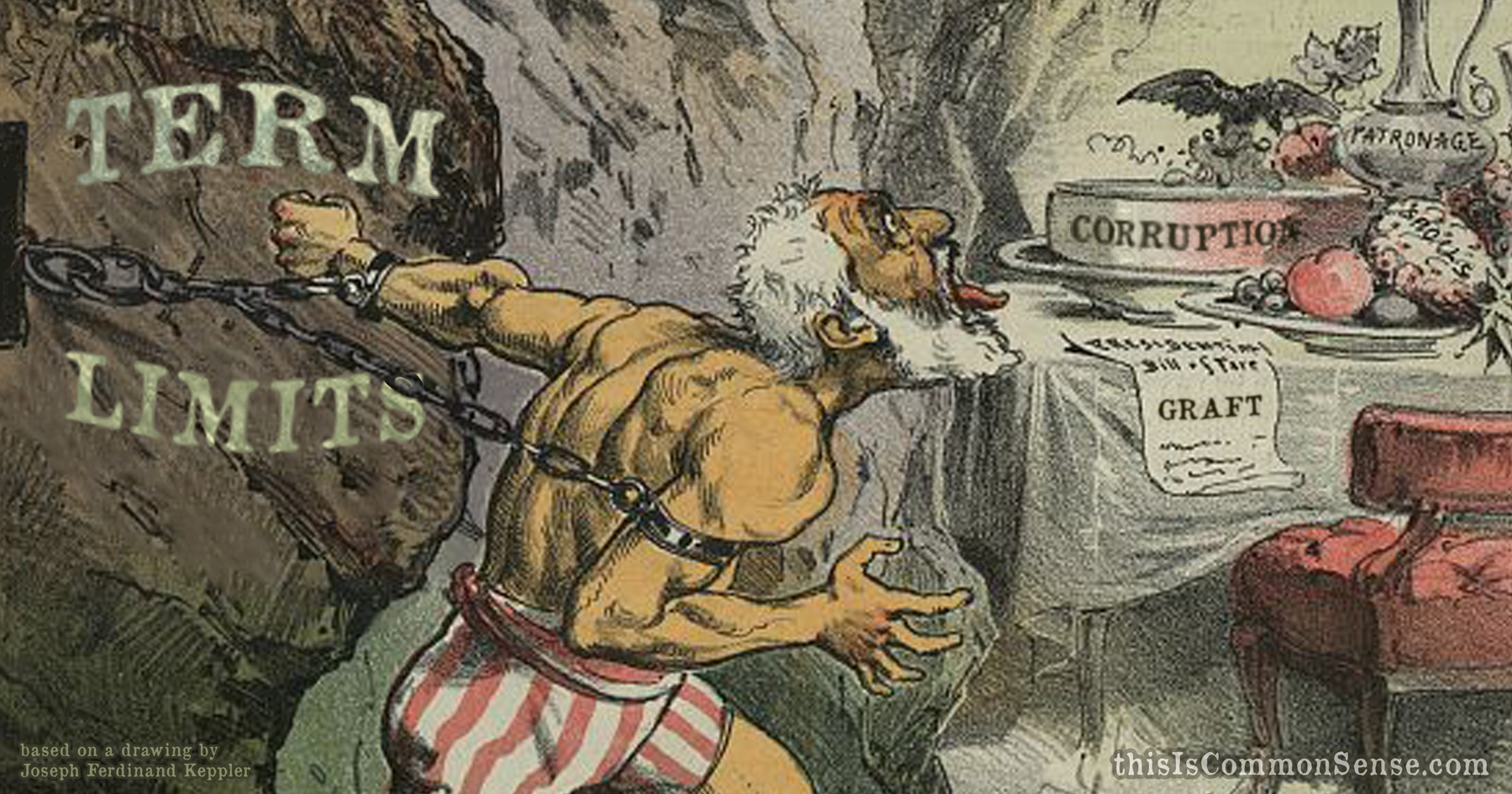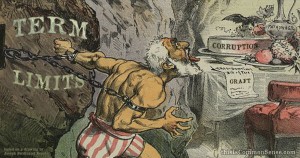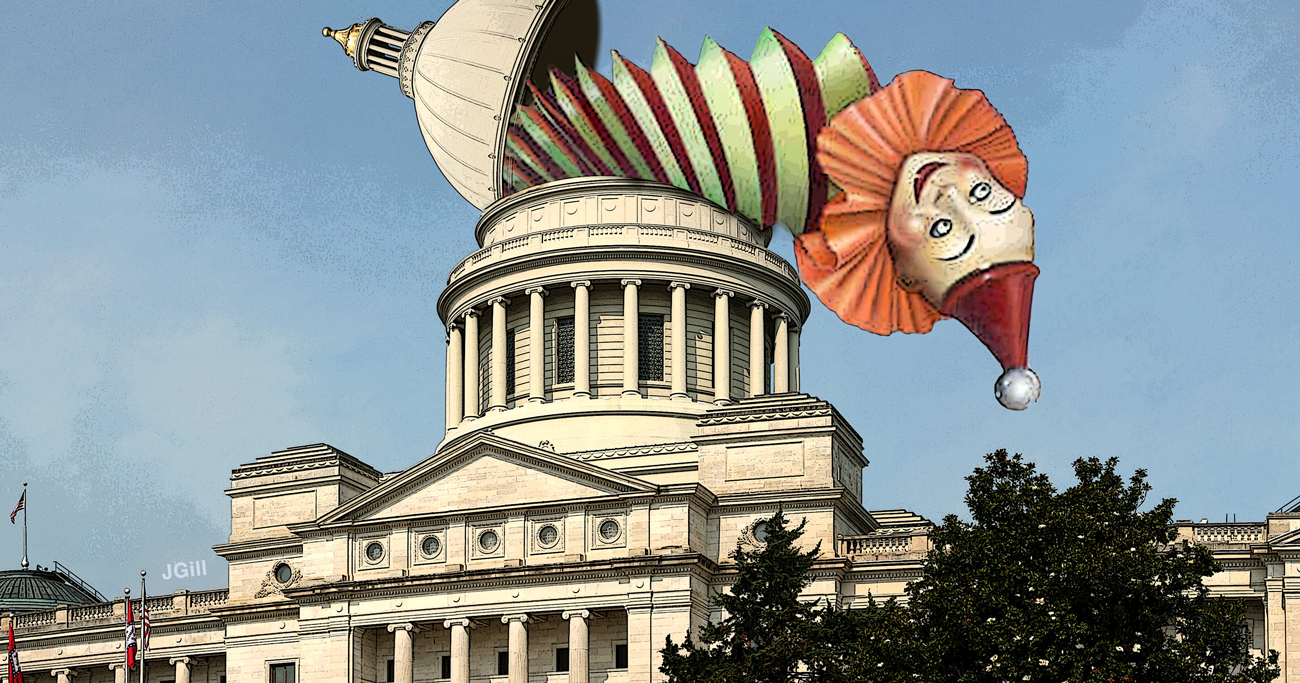In the 15 states voters have enacted term limits for their state representatives and senators, those politicians and the lobbyists and heads of powerful interest groups constantly complain that the limits are a problem.
I know. That’s why I like term limits.
Am I a broken record on the subject? Perhaps. But let me tell you about a different type of record … criminal.
“Are term limits good ideas for Pa. elected officials?” asked a Newsworks.org headline, after Steve Reed, the former 28-year mayor of Harrisburg, Pennsylvania, “was arrested on nearly 500 criminal charges that included corruption, theft, bribery and dealing in proceeds of unlawful activity.”
“Top N.Y. lawmaker arrested on corruption charges,” read a January USA Today headline. Sheldon Silver, after more than 20 years as Assembly Speaker was “arrested on federal corruption charges alleging he was involved in a multimillion-dollar kickback scheme for more than a decade.”
In 2009, after Massachusetts saw its third House Speaker in a row indicted, I ranked New Jersey, Illinois and Massachusetts as the three most corrupt states. The top contenders all have one thing in common: a lack of term limits.
A couple years ago, I joined Greg Upchurch, a St. Louis patent attorney and entrepreneur at a conference on term limits in Missouri. Greg (the driving force behind the state’s 1992 initiative) told the audience, mostly opposed to term limits, that the limits are here to stay.
Before term limits, Upchurch pointed out, legislative leaders were going to prison for corruption. With term limits, there simply haven’t been such scandals.
This is Common Sense. I’m Paul Jacob.











